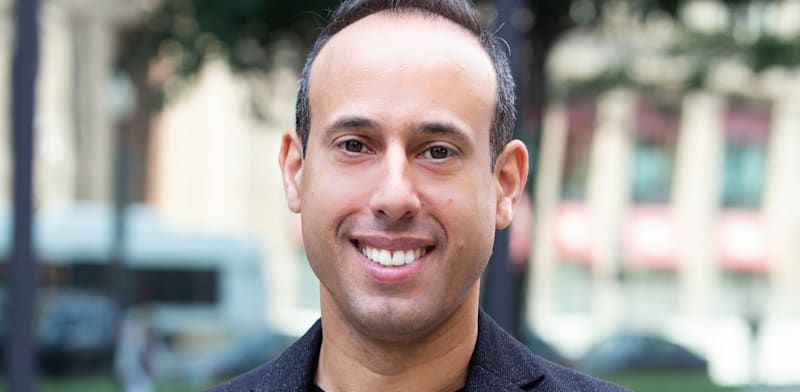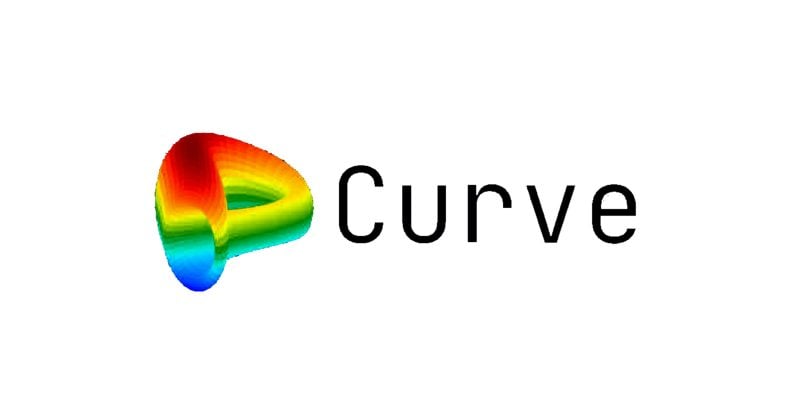Charlie Javice, the entrepreneur who was convicted earlier this year for defrauding JPMorgan Chase out of $175 million, was recently sentenced to seven years in prison.
The founder of a student financial aid startup called Frank, Javice sold her company to JPMorgan Chase in the summer of 2021. At the time, it was believed Frank had more than four million customers, and around 300 bankers at JPMorgan Chase vetted the purchase before it was finalized. (1)
However, Javice was convicted on charges of conspiracy, bank fraud and wire fraud after she was caught falsifying records in order to boost her customer base. In reality, Frank had fewer than 300,000 customers. (2)
Javice’s lawyers argued that her sentence should be as little as 18 months, claiming that a major bank like JPMorgan Chase could easily afford to lose $175 million, and that 300 analysts had approved the sale without raising red flags.
The sale, according to Javice’s lawyers, pitted “a 28-year-old versus 300 investment bankers from the largest bank in the world.” However, U.S. District Court Judge Alvin K. Hellerstein had little mercy for Javice, even if she managed to con hundreds of bankers.
“Whether you outsmart someone who is indifferent or someone who is careful, it’s the conduct,” said Judge Hellerstein. “Fraud remains a fraud, whether you outsmart someone who is smart or someone who is a fool.”
Before completing the sale, Javice had spreadsheets that contained details on Frank’s alleged four million customers. These spreadsheets reportedly included falsified phone numbers, home and email addresses, personal financial data and Social Security numbers.
As Business Insider reports, JPMorgan Chase asked for access to the spreadsheets before completing the purchase, but Javice had issues with the bank’s request and didn’t agree to deliver them. Javice reportedly cited privacy concerns over sharing the personal data of Frank’s users. (1)
But that didn’t stop JPMorgan Chase from finalizing the purchase. One year after the bank spent $175 million to acquire Frank, analysts at JPMorgan Chase finally discovered that Javice’s data had been falsified.
“Audacious, multi-faceted, fueled by greed,” said prosecutor Micah Festa Fergenson during sentencing, according to Business Insider.
In addition to seven years in prison, Javice has also been ordered to pay $287.5 million in restitution. Judge Hellerstein said his sentencing was “punishing her conduct and not JPMorgan’s stupidity.”
Read more: Robert Kiyosaki warns of a ‘Greater Depression’ coming to the US — with millions of Americans going poor. But he says these 2 ‘easy-money’ assets will bring in ‘great wealth’. How to get in now
Investment fraud schemes — which are also known as business fraud schemes — are shady investment opportunities that lure unsuspecting investors in with the promise of guaranteed returns or a low-risk investment.
According to the FTC, investors reported losing $5.7 billion to scam investments in 2024, which was up 24% compared to the year prior. (3)
In 2024, the median losses from securities and investment fraud was $1,949,537, according to the United States Sentencing Commission. Around 9% reportedly involved loss amounts of less than $250,000, while more than 20% involved losses greater than $9,500,000. (4)
While spending $175 million on a fraudulent investment is a significant loss, JPMorgan Chase is a major financial institution that boasts an $832.15 billion market capitalization (as of October 2025). (5)
Sure, Javice has been ordered to pay millions in restitution, but even if she hadn’t received that punishment, JPMorgan Chase can handle a major financial loss a lot better than the average individual investor can.
With this in mind, it’s imperative that individual investors do everything they can to protect their money and safeguard their investments from fraudulent activity.
The FBI warns the public to protect their savings by thoroughly researching any investment opportunities without solely relying on information provided by a stockbroker or salesperson.
You should also never rush into any investment opportunity. If you feel that you’re being rushed — or told not to discuss the investment with others — you may be getting scammed. (6)
Investors should also be skeptical of anyone or anything that promises a guaranteed return. With investing, there’s no such thing as a guarantee, so beware of false promises and purported once-in-a-lifetime opportunities.
Here are some other red flags that you should look for before making an investment:
Aggressive sales pitches from an eager investment broker. This could include claims like “everyone is buying it”
Fake testimonials — as a precaution, be sure to look up the names of anyone who is allegedly recommending this investment
Requests for your personal information, especially during the first call or if the pitch was unsolicited
Unlicensed investment professionals — investigate the broker or investment company that you’re dealing with to verify that they/it are legitimate
Brokers asking for payments by credit card, gift card or wire transfer
As a general rule of thumb, if it sounds too good to be true, it likely is. Investor.gov offers a number of resources for consumers and individual investors to help them become familiar with common schemes and avoid investment fraud, including tips on how to protect themselves online and on social media.
If you believe you’ve been victimized by an investment scam, don’t suffer in silence. The FBI urges Americans to report business or investment fraud to its Internet Crime Complaint Center. You should also contact your local police and call the Attorney General’s Consumer Protection Hotline at 1-888-468-4454.
Join 200,000+ readers and get Moneywise’s best stories and exclusive interviews first — clear insights curated and delivered weekly. Subscribe now.
We rely only on vetted sources and credible third-party reporting. For details, see our editorial ethics and guidelines.
Business Insider (1); CNN (2); Federal Trade Commission (3); United States Sentencing Commission (4); Stock Analysis (5); Federal Bureau of Investigation (6)
This article provides information only and should not be construed as advice. It is provided without warranty of any kind.























